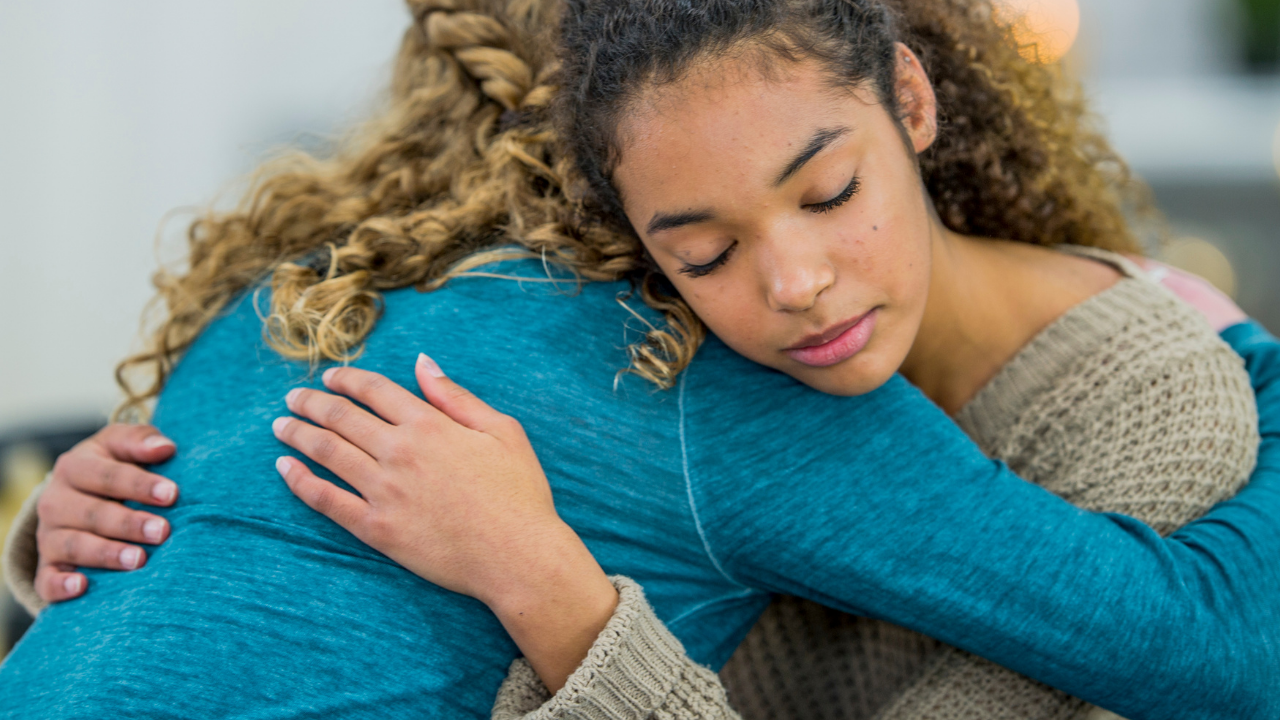
When Your Child Calls You In
Jul 04, 2025A white mother came to me recently with tears in her eyes and truth on her heart.
Her teen had said something that stopped her in her tracks:
“Where do I go with my tears when you’re having feelings about the adoption?”
That sentence echoed in her mind like a bell she couldn’t un-ring. Her child had opened up — vulnerably, bravely — and instead of responding with quiet presence, the mother had shifted the focus. She hadn’t meant to. She was flooded. Her own feelings had surged — guilt, confusion, helplessness — and she tried to explain, to reassure, to fix. She made it about her.
Later, her child came back and said it even more clearly:
“You’re not the villain here. But you’re definitely not the victim.”
And with that, the emotional dynamic shifted. The mother stopped defending herself — and started to listen.
In our coaching work, she began to reckon not just with that moment, but with the deeper truths behind it. She was grieving — grieving the gap between the love she felt and the harm her child was navigating daily. Grieving the painful realization that, while she had stepped into adoption with open arms, she had also benefited from a system that made her trustworthy in the eyes of agencies and social workers precisely because she was white.
She had been trusted to take a child from a family that was labeled “broken,” “dysfunctional,” or “disadvantaged.” But no one had applied those same words to the systems of racism, poverty, and generational trauma that made those families vulnerable in the first place.
And now — perhaps most heartbreakingly — she was just waking up to a reality her child had been living every single day. The microaggressions. The assumptions. The stares. The pressure to perform, to shrink, to explain. The pain of being the only Black kid in the family, at school, in a room.
Her grief was real. But her child had been surviving what she was only beginning to understand. And that gap — between her awakening and her child’s lived experience — had consequences.
When she made the moment about herself, her child was left to carry both their burdens. Once again, their feelings were pushed aside to make room for hers. Once again, the adult’s emotional processing took precedence over the child’s reality.
This is one of the hardest truths for white adoptive parents to metabolize. It’s one thing to love our children deeply — and another to decenter ourselves when their truth challenges our sense of identity, of goodness, of belonging.
This mother began to shift. Not overnight. But slowly, with intention. She practiced being the emotional adult in the room — regulating herself so she could truly hold space for her child’s grief, rage, confusion, or brilliance. She worked on not rushing to explain or soothe, but instead pausing and asking: What does my child need from me right now?
And most of all, she gave up needing to be the hero in the story.
This is what I mean when I talk about White Awake Parenting. It’s not performative allyship or colorblind love. It’s doing the inner work to meet your child in the reality of their lived experience — especially when that reality is shaped by racism, adoption loss, and complex identity.
It’s choosing humility over control. Listening over explaining. Repair over performance.
It’s being willing to be called in — again and again — by the children we love most.
Call to Action:
If you’re a white parent raising a Black or Brown child, and you’ve been called in like this — it’s not the end of the story. It’s a doorway. I’m here to help you walk through it with courage, humility, and love. Let's talk.
Don't miss a beat!
New moves, motivation, and classes delivered to your inbox.
We hate SPAM. We will never sell your information, for any reason.
